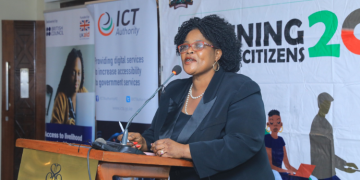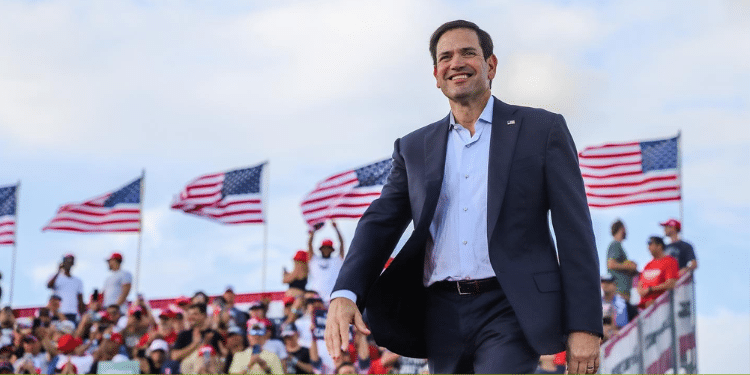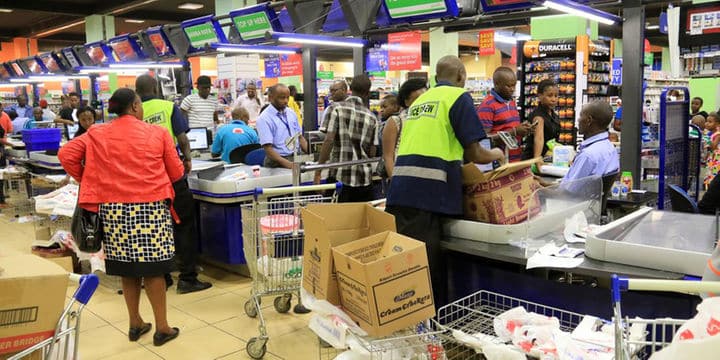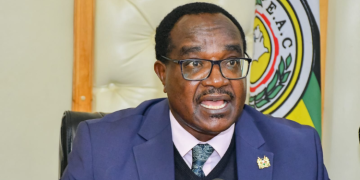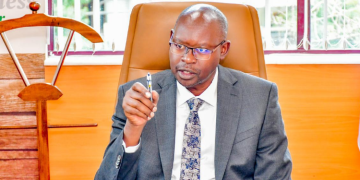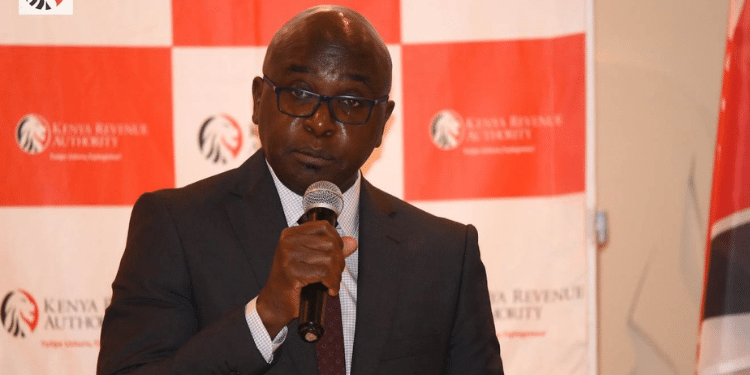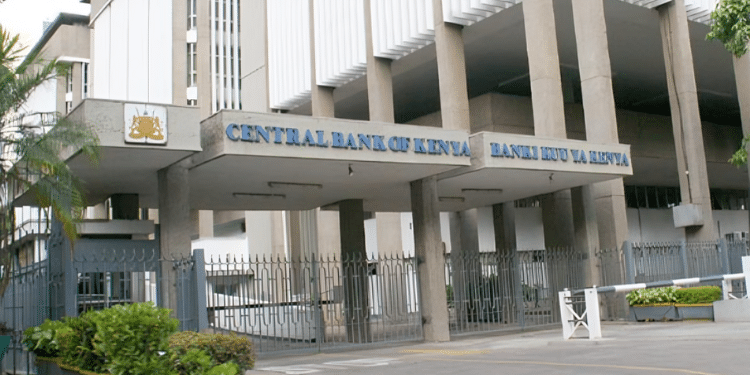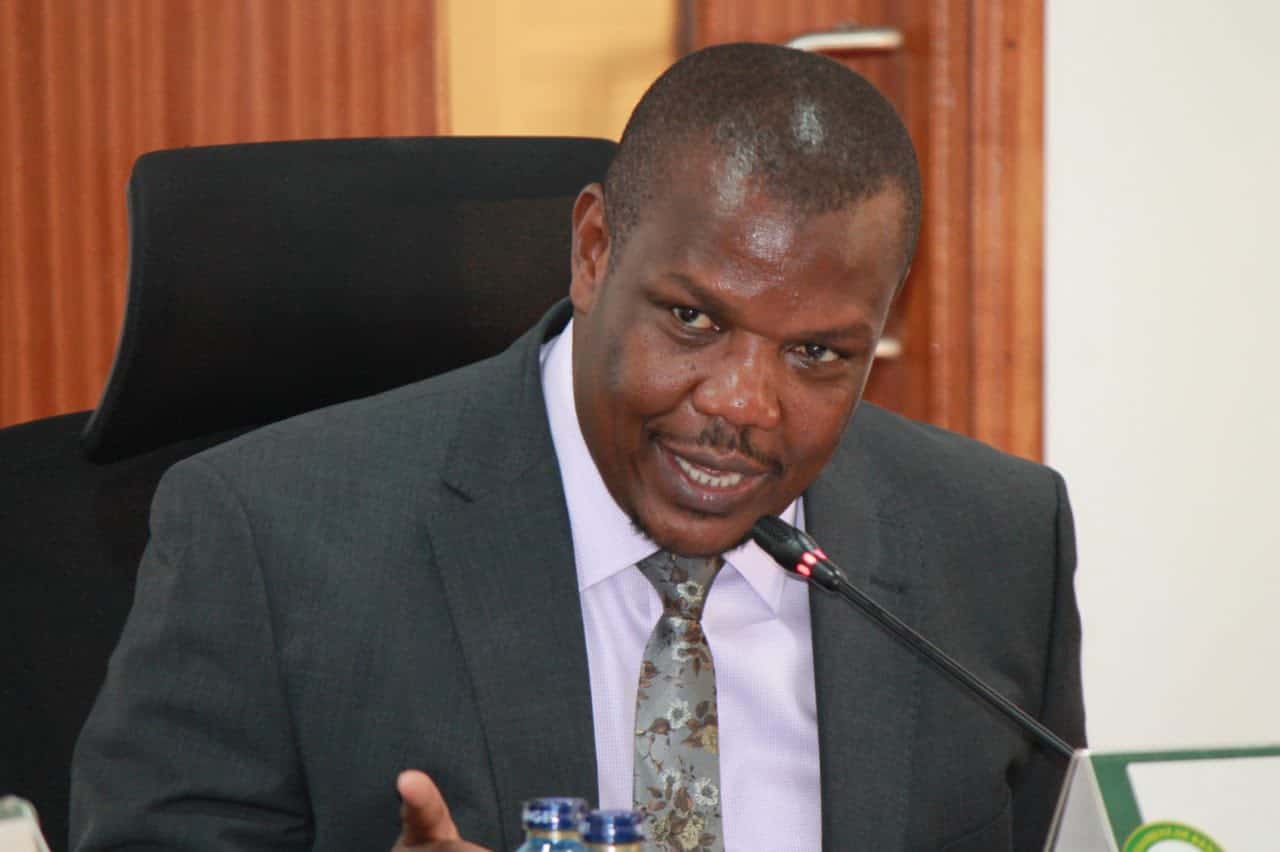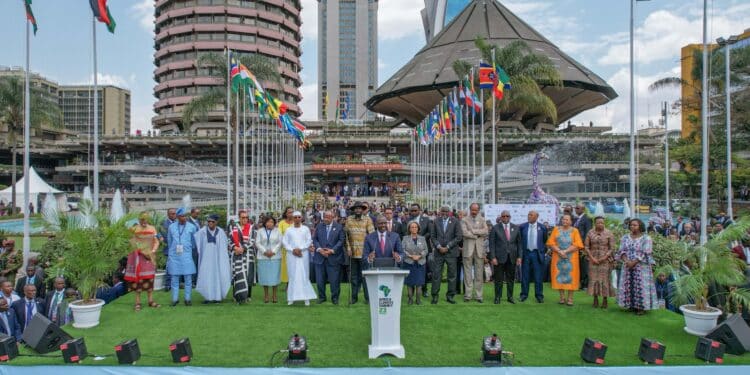The 2023 Africa Climate Summit that was held in Nairobi sparked a conversation around carbon credits and their trade in carbon markets.
One of the main topics was Africa’s financing systems that operate around climate change and sustainability goals.
During the high-level summit, every delegate and speaker who took to the podium talked about carbon credits.
On his part, President William Ruto called for the introduction of carbon tax, a type of penalty that businesses pay for excessive emission of greenhouse gases into the environment.
“To unlock the resources that we need to drive this new investment and financial opportunities, especially for green energy, we believe it is time to have a conversation about carbon tax,” he told delegates in Nairobi.

What are Carbon Markets?
Simply put, carbon markets are where carbon credits are sold and bought.
Carbon credits are credits bought by companies that allow them to pollute the environment.
For example, if an organization buys one tonne of carbon dioxide emissions in the form of carbon credits, they are required to only produce one tonne of carbon dioxide emissions since they have been granted the ‘permission’ to do so.
Therefore, they are held accountable for the pollution they emit, and they get to pay the price for their own pollution.
What’s more, this move will help reduce the net global emissions in a bid to cut costs.
As such, organizations will internally reduce emissions by taking up more renewable forms of energy, better waste management, greener policies among others.
Also Read: Ruto Praises Kenya’s Achievements at Africa Climate Summit
Funds bought by these companies are used to pay the people who help clean the environment, improve infrastructure to withstand extreme weather conditions caused by climate change and increase investments on renewable energy.
Why Carbon Credits are Important
Carbon credits advocate for climate justice.
Unfortunately, Africa and other developing countries bear the biggest brunt of climate change even though they produce the least harmful emissions to the o-zone layer.
According to a Statista report, 2021, Africa produces about 4% of global harmful emissions with Kenya producing less than 1% of net global emissions.
This is because developing countries lack the resources to adapt quickly and seamlessly to the shifting weather conditions caused by climate change.
Moreover, the carbon market is not a new market.
It was first raised at the Kyoto Protocol of 1997 to reduce carbon emissions and was supported by 190 countries as they agreed to ‘country-by-country’ emission reduction targets.
However, the carbon market has evolved over the years. Some companies may buy more carbon credits than they can use and so they have the authority to sell these credits to other organizations.
This could be an effect of the carbon market being both voluntary and compliant.
By voluntary markets, this means that some organizations take up the responsibility to buy carbon credits to do their part in reducing net global emissions.
However, the compliant market dictates that some organizations, for instance heavy pollutants, need to buy carbon credits as part of their responsibility towards reducing net global emissions.
The compliant markets are guided by regulations or bound by emission reduction targets.
This market, however, has not been fully regulated in terms of pricing for quite some time.
According to the World Bank, one tonne of carbon dioxide emissions should cost $40 to $80.
Nonetheless, carbon credits can be found in the carbon market for prices lower than this.
Who sells carbon credits?
Most often than not, the organizations that clean after polluters sell carbon credits.
This is because these funds are often used to cater for the cost of cleaning up the environment after pollution has happened.
One challenge of the carbon markets is the issue of brokers. Companies do not buy carbon credits directly from the organizations that sell them, but from the middlemen involved.
The carbon market is highly unregulated thus, translating to the concept of carbon credits not being widely taken up.
With the organizations freely deciding the prices of carbon credits, and with brokers involved who may choose to change the prices as they wish, the carbon market remains highly unchecked.
Therefore, the current conversation delves on the issue of deciding the fair price for carbon credits in the carbon market.
Also Read: Study Suggests That African Countries; GDP Could Plummet by Almost 64%, Thanks to Climate Crisis
What is being done?
Kenya is on the forefront of the global conversation on sustainability and the fight against climate change.
By 2030, the country envisions to achieve net global emissions and is currently working towards that through policies such as implementing green renewable energy.
In June this year, Kenya was able to sell 2.2 tonnes of carbon credits to Saudi Arabian organizations in what has been termed as the biggest carbon credit trade globally.
There is also a proposal to regulate the carbon market; the Carbon Trading and Benefit Sharing Bill, 2023 which has been approved for formal introduction to Parliament.
The bill seeks to create a Carbon Trading and Benefit Sharing Authority among other objectives.
Also, the Africa Carbon Markets Initiative (ACMI) has been created to achieve objectives meant to better the carbon market.
Among the objectives to be met by the initiative includes ensuring the presence of high integrity carbon markets.



